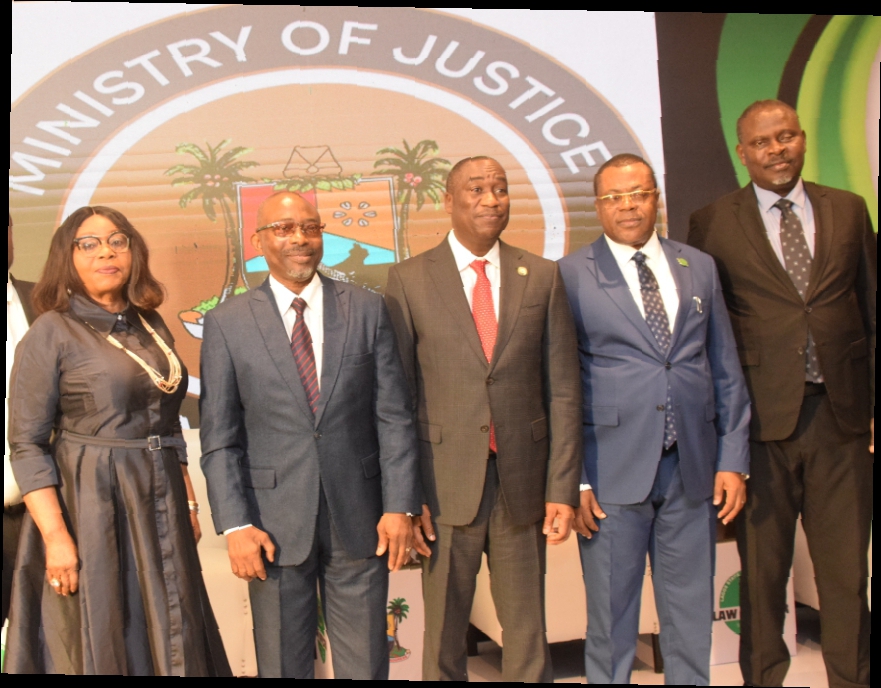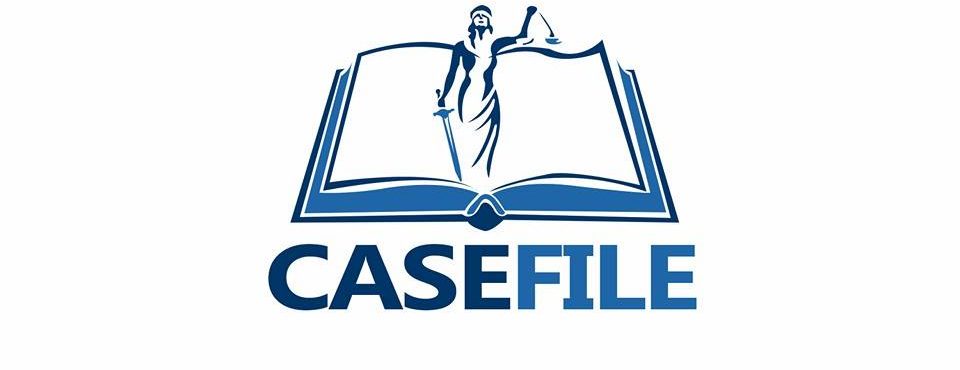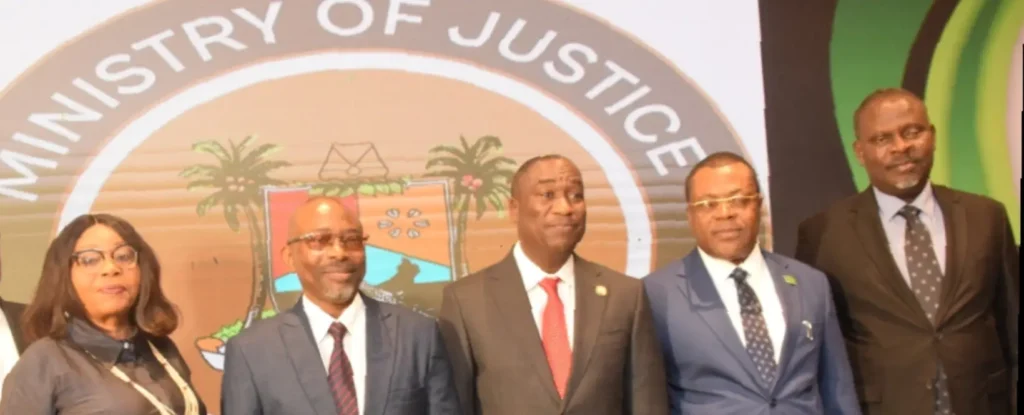The Deputy Governor of Lagos State, Dr. Obafemi Hamzat has expressed concern that unless necessary measures are taken, the state may be submerged under water.
The state government official pointed out that cities like the UK and New York City are already experiencing people moving to safer spaces due to climate change.

He spoke on Wednesday at the opening of the Lagos State Ministry of Justice Strategic Management Meeting with key stakeholders from various Ministries, Departments, and Agencies, MDAs in Ikeja.
According to Dr. Hamzat, the biggest challenge in the country is the mismanagement of land.
“We don’t know how to manage land” and “our physical plan is lost”.
He highlighted that Lagos State, with a population of 22 million occupying only 0.4% or less than 0.38% of Nigeria’s land mass, is responsible for 10% of the country’s population.
He also pointed out that the state has a 180 kilometer shoreline, making it vulnerable to rising sea levels.
Dr. Hamzat identified three threats to the state, including extreme heat and climate change due to rising sea levels.
He stressed the need for a shift in priorities in the next 20-25 years.
He also emphasised the importance of proper land management, citing examples from the UK and New York City.
He warned about the need for a better understanding of the threats to the future of our children, especially in legal cases.
He said, “In order to build the red line, we paid compensation of nine billion just to move people away, we paid nine billion. That’s why most states cannot do it. It’s not possible. So Lagos State is the only state in the world that has done something like that, like a rail on a balance sheet. Others, federal must be involved.”
Lagos AG seeks limit government exposure to avoidable liabilities
While declaring the meeting open, the Lagos State Attorney General and Commissioner of Justice, Mr. Lawal Pedro said the stakeholders would find ways to reduce government litigations in courts, preventing further clogging of the justice delivery system with avoidable cases.
Pedro stated, “As of July 2024, before the courts’ annual vacation, there were over 6,000 pending cases involving the government across various categories, including land disputes (over 2,500 cases), physical planning (310), housing (240), road transportation (150), environment (75), chieftaincy (250), breach of contract (50), employment and pension (50), and constitutional and FMHR cases (150). The financial exposure for the government in these cases is estimated to be around N114.5 billion.”
He emphasised the need for the Ministry of Justice, MOJ, and other Ministries, Departments, and Agencies, MDAs, to devise strategies to reduce litigation, minimise inter-ministerial gaps, and limit government exposure to avoidable liabilities.
He also pointed out the necessity of redesigning the operating systems and processes of the MDAs to enhance performance in areas such as cost, quality, service, and speed.
A retired judge, Justice Mojisola Olaterogun said the law enforcement agencies and state prosecutors from the MOJ should collaborate to address the challenges facing the integrity of the officials by finding lasting solutions that restore public confidence and justice for the people they serve.
The Chairman, Lagos State Public Complaints and Anti-corruption Commission, in her keynote speech themed: “Enforcement and Administration of Criminal Justice: Enhancing Coordination Between Law Enforcement Agencies and Ministry of Justice, Particularly in Criminal Prosecution and Anti-Corruption Efforts,” said there are so many government agencies that supposed to put check to criminal incidences in Lagos but there are still prevalent of crimes that are abound.
Justice Olaterogun said corruption are part of the bane of dispensation of justice, stating, “Corruption, in particular, financial crime often regarded as white-collar crime is extremely dangerous to the fabric of the society despite its often understated perception in reality.
She said, “We have all read in the newspapers about incidents of buildings collapsing, despite claims that they have the necessary structural permits, allegations of budget padding, the diversion of funds by public officials into personal coffers, and so on.
“To address these issues, stronger regulatory oversight and transparency are crucial. Regular audits of public projects, stricter enforcement of building codes, and real-time monitoring of funds allocation can help curb corruption and prevent negligence.”
Continuing, “Our criminal justice system is a reflection of our society’s commitment to fairness, equity, and accountability. If we get it right, we can ensure that those who break the law are held accountable, victims receive justice, and public trust in our institutions is restored.
“In closing, let us commit today to fostering a culture of collaboration, accountability, and innovation within our criminal justice system. By working together, law enforcement agencies and the Ministry of Justice can create a synergy that delivers timely, effective justice and upholds the rule of law for all Nigerians.”
She highlighted some of the challenges that may be faced by law enforcement agencies and officers from the Ministry of Justice during prosecution which include; Fragmentation and duplication of efforts, Inadequate training of stakeholders, Inadequate resources and inaccessibility to technology and organisational structure of the law enforcement agencies.”
The speaker also suggested methods for achieving synergy and collaboration in criminal prosecution and anti-corruption efforts.
According to her, adopting an integrated approach from investigation to prosecution, capacity building and training, accountability for outcomes, investigation infrastructure, digitalisation and technology and restoring the public’s confidence will go a long way in addressing the problems and challenges.



